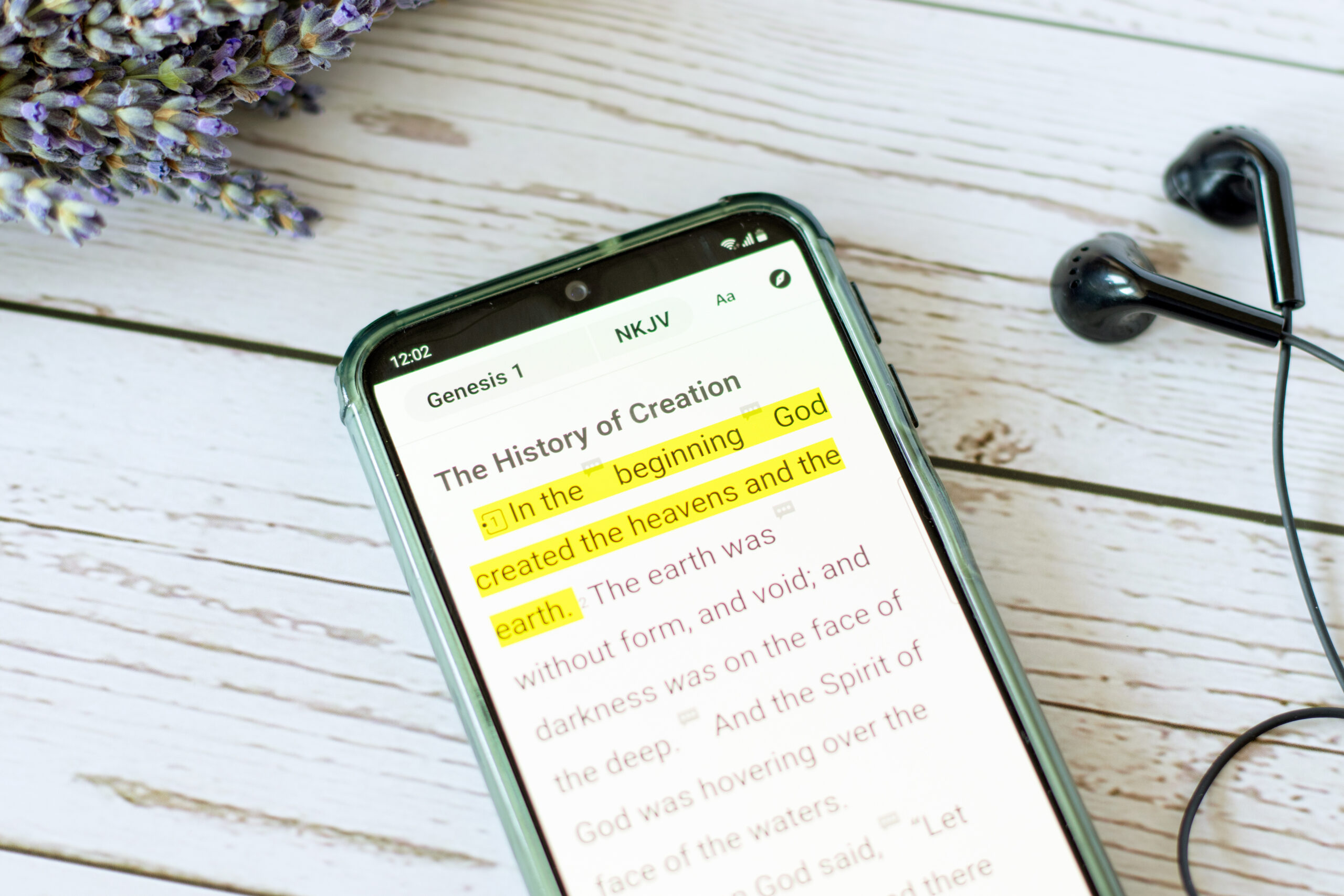Recent theories in literature view literary works as having an agential capacity to induce affects in readers. If this is true, it should impact the teaching of literature in the classroom and narrow the separation between academic reading and casual reading. Social annotation has become increasingly popular in order to combat the potentially artificial nature of over-contextualizing literary works.
In this seminar, Dr Jeffrey Clapp introduced his course using Perusall for students to conduct social annotation of literary works. This assignment combined the analytical study of literature through historical contexts with social engagement in texts. Additionally, Dr Bidisha Banerjee elaborated on how to use Perusall to allow students to engage with emotions socially, thus creating bonds among students and even producing “affective communities”.
(length: 01:10:21)
View their presentation slides here: https://drive.google.com/file/d/131V-gV1hXGc-B2vmsiuO5u6Tkp1RKHee/view?usp=sharing.
Social Annotation and Affective Pedagogy in the Literary Studies Classroom
Presenter: Dr Jeffrey Clapp
| 00:00 – 02:45 | Introduction |
Part 1: Theories of Literature and Affects | 02:46 – 06:07 | Literature and affects |
06:08 – 07:44 | Latour’s theory | |
07:45 – 11:34 | Felski’s theory | |
Part 2: Research in Social Annotation | 11:35 – 13:47 | “Literature in Context 1 and 2” |
13:48 – 14:55 | Why contextualize literature? | |
14:56 – 15:51 | How social annotation helps? | |
15:52 – 17:02 | Research background | |
17:03 – 19:40 | Research questions | |
Part 3: Survey Results | 19:41 – 21:59 | Examples of using Perusall |
22:00 – 24:42 | Survey results about the course | |
24:43 – 26:00 | Survey results about using Perusall |
Presenter: Dr Bidisha Banerjee
Part 4: Affective Pedagogy | 26:01 – 27:51 | Relationality of emotions |
27:52 – 28:37 | Sociality of emotions | |
28:38 – 30:32 | Emotions and affects are political | |
30:33 – 32:58 | Why annotate with emoticons? | |
32:59 – 36:47 | Findings from students | |
Part 5: Interview Results | 36:48 – 37:32 | Interview results about the course |
37:33 – 39:05 | Interview results about annotating with emoticons | |
39:06 – 40:51 | Interview results about sociality of emotion/annotation | |
40:52 – 42:19 | Multiple perspectives | |
Closing | 42:20 – 44:16 | Advantages of using Perusall |
44:17 – 44:50 | Conclusion |
Questions and Comments
Questions | 44:51 – 49:15 | Why are some analytical explanations to literature unsatisfying? How is emotional sharing different from in person discussions? |
49:16 – 53:47 | Is it preferable for students to respond to literature with more intellectual emotions? | |
53:48 – 54:58 | Do students experience emotional reactions due to their sociocultural experience? | |
54:59 – 57:04 | Do you encourage students to historicize their emotions? | |
57:05 – 01:00:18 | Are students encouraged to dig deeper into why they experience these emotions? | |
01:00:19 – 01:01:50 | Is student participation mandatory? | |
Comments | 01:01:51 – 01:02:22 | Comments on Perusall |
Questions | 01:02:23 – 01:04:14 | Is Perusall free? |
01:04:15 – 01:09:02 | What impact does encouraging students to engage in the emotions of reading have on the field of literature? | |
| 01:09:03 – 01:10:21 | Conclusion |


